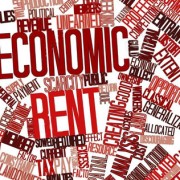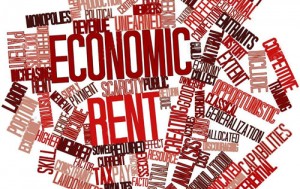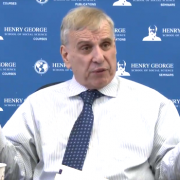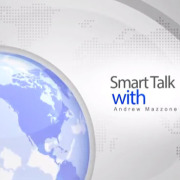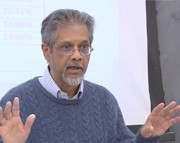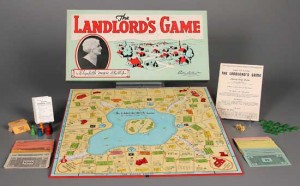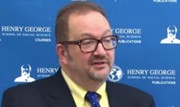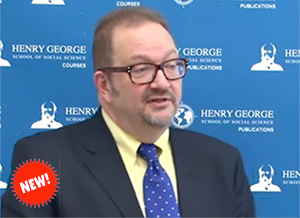New Certificate Program in Political Economy
/in Uncategorized/by HGSSS ADMIN
Registration is now open for our FREE 8-Course Certificate program in Political Economy. Detailed information is available on our Courses Page.
Smart Talk is on cable TV in Philadelphia
/in Uncategorized/by Admin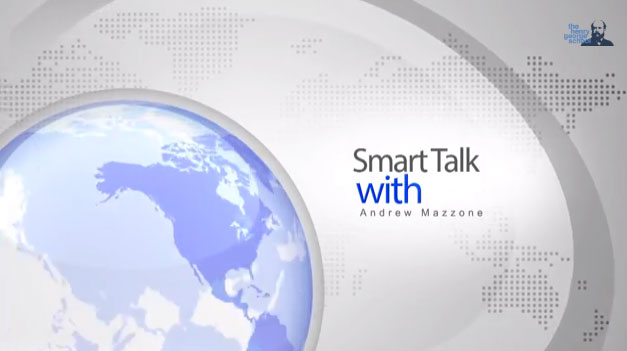
NEW on PhillyCam!!!!
Smart Talk on cable TV in Philadelphia,
Sunday nights, 5pm EST, starting May 1, 2015
Each segment will air for two weeks, also streaming on their website at https://phillycam.org/web-channel
Episodes will air on Comcast Channels 66 & 966 and Verizon FIOS Channels 29 & 30
May 1, May 8 Mark Blyth
May 15, May 22 Gregory Clark
May 29, June 5 Martin Ford
June 12, June 19 Paul Craig Roberts
June 26, July 3 Richard D. Wolff
Stay tuned for more episodes with:
Yanis Varoufakis
Ed Nell
Anwar Shaikh
Alan Tonelson
Ravi Batra
Ed O’Donnell
Eamonn Fingleton
Jayati Ghosh
Ted Gwartney
Scott Baker
Ed Dodson
Anwar Shaikh
Fred Foldvary
Richard Duncan
Charles Hall
The Henry George School of Social Science is proud to be a member of PhillyCam.org.
Anwar M. Shaikh – Capitalism: Competition, Conflict and Crises
/in Uncategorized/by Admin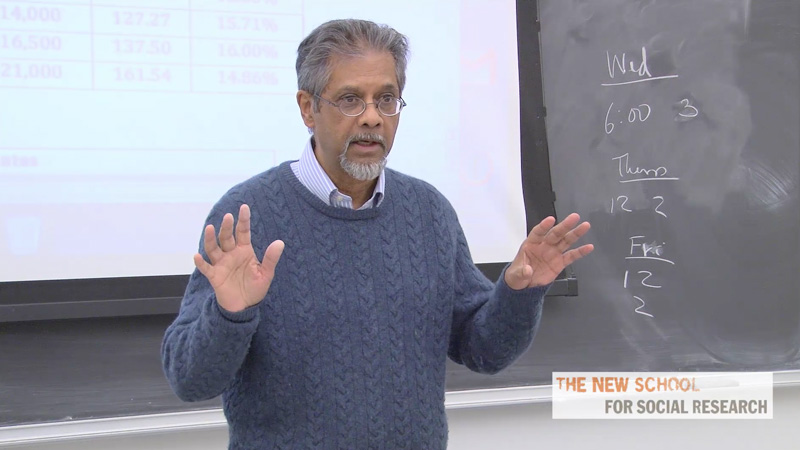
***
The Henry George School of Social Science, and the New School of Social Research invite you to follow Professor Anwar M. Shaikh in a new series of lectures exploring his new ground-breaking Economic treatise, “Capitalism: Competition, Conflict and Crises”. The course spans two semesters. Fall 2015 and Spring 2016, and is comprised of 30 lectures, available on our YouTube Channel, Henry George School of Social Science.
Visit our new Research Articles Page
/in Uncategorized/by HGSSS ADMIN
The Henry George School of Social Science is pleased to present the first in a series of papers by Dr. Edward Nell. Visit our new Research Articles Page.
Council of Economic Advisors, 2016
/in Uncategorized/by HGSSS ADMINThe CEA Issue Brief, April 2016
In its April 2016 issue brief, the President’s Council of Economic Advisors stressed the decline in competition in numerous sectors of the US economy. Given the high level of corporate profits as a share of GDP, one would expect more investment in a highly competitive environment. Since this is not happening, the brief submits that monopoly power in big business is one of the causes of weak business investment. Henry George spoke vehemently against monopolies in his book Social Problems. George considered them to be entities that inhibit innovation and encourage resultant high prices.
While George’s focus was mainly on land monopoly, which he likened to “the robber that takes all that is left”, he was acutely aware of additional pockets of potential monopolies. He predicted that these would grow as technological progress improved and society advanced.
George’s times are very different from 21st Century America in many aspects. However, there is an interesting parallel between what he saw as the cause of poverty in the midst of progress, and what the CEA sees today as one of the main hurdles that is holding back the US economy. In the CEA’s view, government can and should take numerous steps to address the concentration problem. This is yet another vindication of the author of Progress and Poverty. To read the entire brief, please click here.
Dr. Marty Rowland at Pace University’s 2016 ISEE Conference
/in Uncategorized/by HGSSS ADMINDr. Marty Rowland, a Director of the Henry George School, will be participating in Pace University’s Environmental Ethics and Economics: Values & Choices”, June 29 – July 2, 2016 .
July 1st, 9am – 12pm Session – Dr. Rowland will present Lessons in Balancing Economics with the Environment
July 1st, Early Afternoon Session, 1pm – 3pm – Dr. Rowland will present Economic Growth versus Ecosystem Sustainability
Land Value Tax: Blueprint for a Vital Tax Reform.
/in Uncategorized/by HGSSS ADMINThe Henry George School of Social Science, in partnership with Joshua Vincent, Center for the Study of Economics, is pleased to offer another of many of our new ‘mini-series’ courses.
This enlightening presentation compares and contrasts forms of taxations used in the U.S. today, with the use of Land Value Tax. The course is available here, in 9 segments. Watch at your convenience and leisure.
NYC Office
149 East 38th St., New York, NY 10016
Phone: (212) 889-8020
Fax: (212) 367-0940
Email: info@hgsss.org
Office Hours: 9:00 AM - 5:00 PM ET
Contact Us
Code of Conduct
The Henry George School of Social Science admits students of any race, color, national or ethnic origin, age, gender or sexual orientation. The programs and activities of the School are available to all students on an equal basis.

